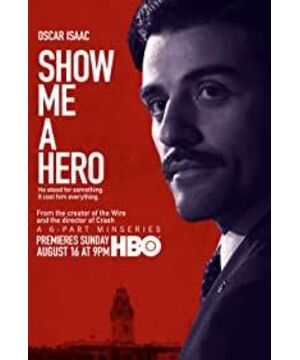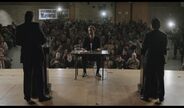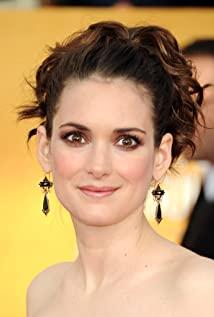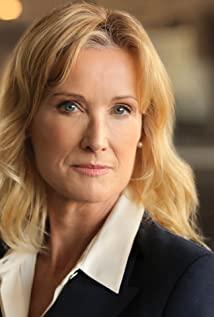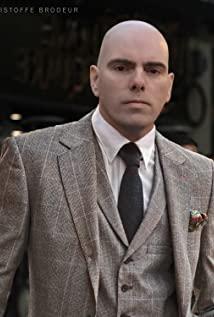1. Elected Mayor
This drama is narrated from the perspective of the male protagonist Nick Wasicsko. The former mayor who has been elected for 6 consecutive terms is going to participate in the general election and finds the little white Nick Wasicsko as his opponent, because he feels that he does not What is the hope of being elected, but what is more dramatic is that this young Nick won the support of the majority of citizens because he supported white citizens in the public housing plan and opposed the government's construction of low-cost housing, and was elected mayor. On most positions, it can be said to be very lucky.
2. Public housing situation
After being elected mayor, he fulfilled his pre-election promise, sued the government for the public housing plan, and opposed the construction of low-cost housing for blacks, because blacks would bring drugs, public security, and poverty to the middle-class white community after they moved in. Wealth differentiation and so on. But the appeal failed, and the government insisted on building low-cost housing. If Yonkers confronted the U.S. government, it would face huge fines, municipal bankruptcy, and jail time for politicians. Under such pressure, Nick turned his guns, from a white fighter who opposed the construction of public housing to a "vulnerable group advocate" who supported the construction of public housing. After several votes, the public housing plan was finally passed, and the construction of low-cost housing began, which protected the interests of the Yonkers government, the US government, and the interests of black people, but the white citizens were very dissatisfied with Nick and turned to him Spit on face.
During the entire public housing prosecution and voting process, Nick always stood with the government. Of course, if he did not do this, Yonkers would indeed face bankruptcy. After bankruptcy, public housing would still be built. Nick saw this, so he chose to give up Fight against the government and build cheap housing on the side of "black people". But in fact, everything he does has nothing to do with "black people", only with his own political future, because he has never been in close contact with black people, and doesn't care about their suffering, he just wants to live on the top of the mountain and stand at the political peak.
3. Hero Medal
After two years of general elections, Nick lost the election because white people felt that he did not fight for their interests. At this time, the US government nominated him for the "Most Courageous Award", which made him feel like a "hero". To be a "hero" when in reality he was never. After the nomination, he regained the courage to run for election, but he was told that the last thing the common people wanted to see was his face, he would not succeed in running for mayor, so he maximized his own interests and went to Running for a councillor, euphemistically saying that he "give up running for mayor" before a new mayor can be elected, but the fact is that even if he ran for a councillor, he only narrowly won, and he is not a hero in the hearts of white citizens .
In the process of becoming a member of parliament, he found that he was too young to fight against senior politicians, and others did not take him seriously, so he competed with his friend for a job to run for a judge. During the whole process, he showed very cowardly.
4. Disillusionment
In the process of running for judge, because he was afraid that he would not have enough votes, Nick went to find black people who had already lived in low-cost housing. He felt that it was because he was "seeking the interests of black people" when he was mayor that they had low-cost housing. , These black people with vested interests should remember him and regard him as a hero, but in fact, most black people do not know him, because from the beginning of the story to the present, this is Nick's first real contact with black people, others do not It makes sense to be grateful to him.
After all his political efforts failed, Nick felt that he had nothing, so he went to his father's grave and committed suicide. In fact, suicide didn't make him a hero. Everything was born out of him to cover up his political incompetence. fantasy.
How does a politican know he's doing the right thing? We make him pay.
Who
Made the Hero? The Goverment do.
-------------------------------------------------- -------------------------------------------------- ----------Separation line
In terms of the orientation of the whole TV series, I think the director is still a little entangled. Although it is a historical adaptation, he still thinks that this tragic hero is of a "heroic" nature. If Eastwood is the director, it will be more straightforward, so similar to the theme of heroes and government, this TV series is not as deep as "American Sniper" in terms of thinking.
View more about Show Me a Hero reviews


